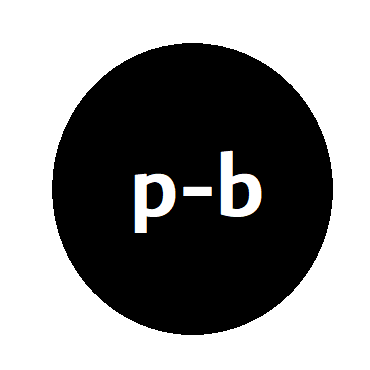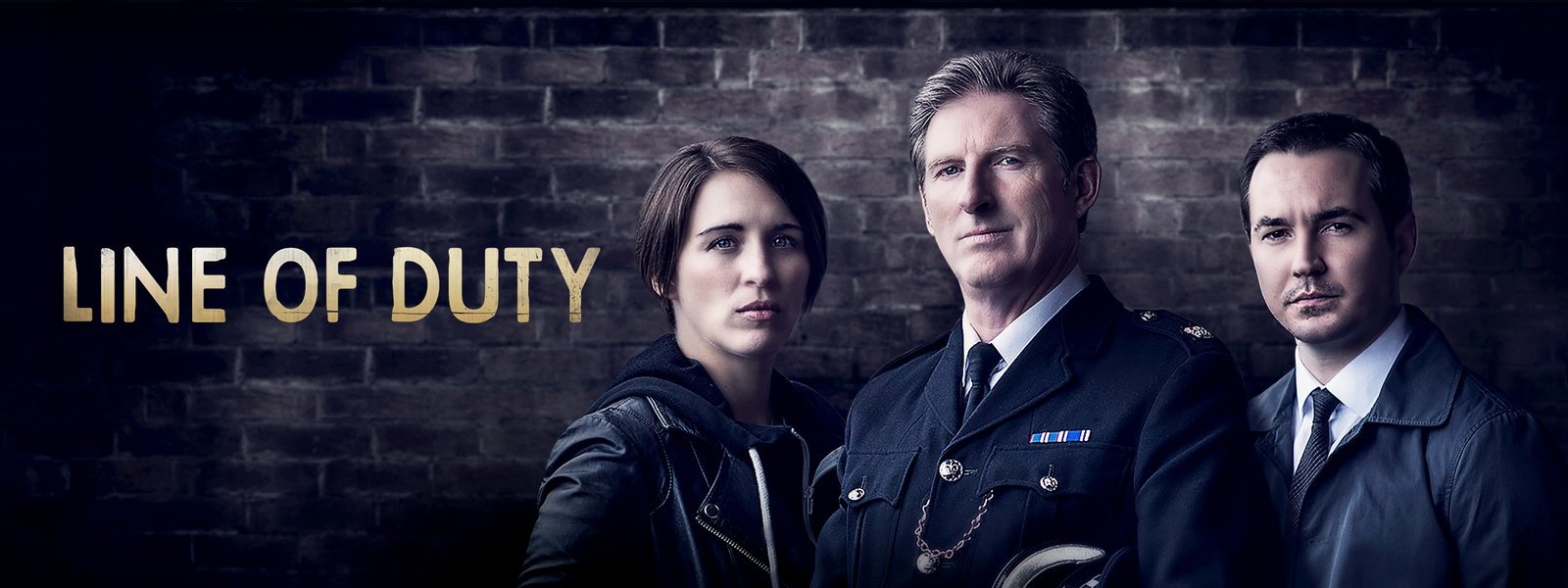

For anybody unfamiliar with the show, I highly recommend it. That is, if your thing is a cop show filled with tension, without focus around grand action sequences. However, if you do like your action more full throttle, there are still moments of this. As well as encounters with the gorier side of the profession, as with sightings of the aftermath of a crime, for example.
Produced by World Productions for the BBC, series creator and writer Jed Mercurio has done a wonderful job presenting a multi-layered complex piece of television around the exploits of a none-too-sexy aspect of police work, anti-corruption.
Following cases handled by the AC-12 department in a fictional Central Police Force, the show implies this is a Midlands Constabulary via occasional motifs such as maps and phone numbers. Actual location shooting takes place in Northern Ireland except for season one, which was filmed in Birmingham.
The show does lots well – as the many BAFTA and Royal Television Society Awards nominations and wins attest to in the show’s six seasons. Backed by strong viewing figures and featuring in the best of genre of lists for several UK publications, it is also popular and critically acclaimed.
One of Line of Duty’s genuine qualities gives the impression this could actually be the way police work functions in the UK. The procedural detail in terms of evidence is meticulousness in labelling, cataloguing, and presentation, and completely embedded in jargon, which one assumes cannot be anything else but ‘real’ police business. With the presentation of evidence in suspect interviews, there is a cold, detached naming and interaction with the evidence, showing police work is less about grand flourishes and more focused on building and stacking evidence of a crime.
Further adding to the milieu of the police as a bureaucratic institution is the constant naming of police codes and regulations, and the highlighting of rules. Whether when encountering a crime scene, or armed police, or undercover operations.
Tie all this with a cross-series narrative arc of a conspiracy between organised crime and senior (and minor) figures within the police ranks, all together you have some very compelling TV on your hands.
However, there is one thing I’ve noticed this show, and others of a similar ilk, do badly. When dealing with representation - both in terms of gender and ethnicity. If you knew very little about the UK, the impression to take away is of the county as some kind of multicultural paradise. Where issues of gender (and racial) ceilings are something in society’s rear-view mirror. Apparently, equality has won out.
In uniform, as background office-based staff, minor characters, and even as principle season leads, the number of ethnic minorities, particularly South Asian, is staggering - likewise the number of women characters.
However, this does a complete disservice to how mono-culture the UK police force actually is. According to Government figures from the end of March 2020, the overwhelming majority of the country’s police are white – nearly 93% in fact. When accounting for the gender distribution, close to 70% are male according to the website Statista for the same year. This is not the police force on show in Line of Duty.
But wait, you may say. If they supposedly base the show in the Midlands, an area of significantly sized non-white communities, then surely that would reflect in the local police force. Good point I would respond, unfortunately, the figures do not back this up. Again going by Government figures, the West Midlands police force, which incorporates Birmingham, still has 88.4% of its force white. Granted, this is the second lowest in the country behind the Metropolitan Police. Even so, only 7.4% of that Midlands-based police classifies as Asian.
I would argue over-representation of ethnic minorities within the police, whether in the background or foreground of the show, is problematic as it distorts how undiversified the force actually is, and the entire country (don’t forget the UK ethnically is around 87% white). However, I find this even more problematic when accounting for AC-12’s investigations of “bent coppers.” In three of the six seasons, the lead police officer warranting investigations have been people of colour, actors Lennie James, Thandiwe Newton, and Arsher Ali.
On one hand, we have to consider the benefit of a cast promoting a more racially diverse Britain. Hats off to the producers for this. However, this should not be at the expense where people of colour become the proverbial ‘baddie’. More isn’t always better, but the quality of the characters of colour is.